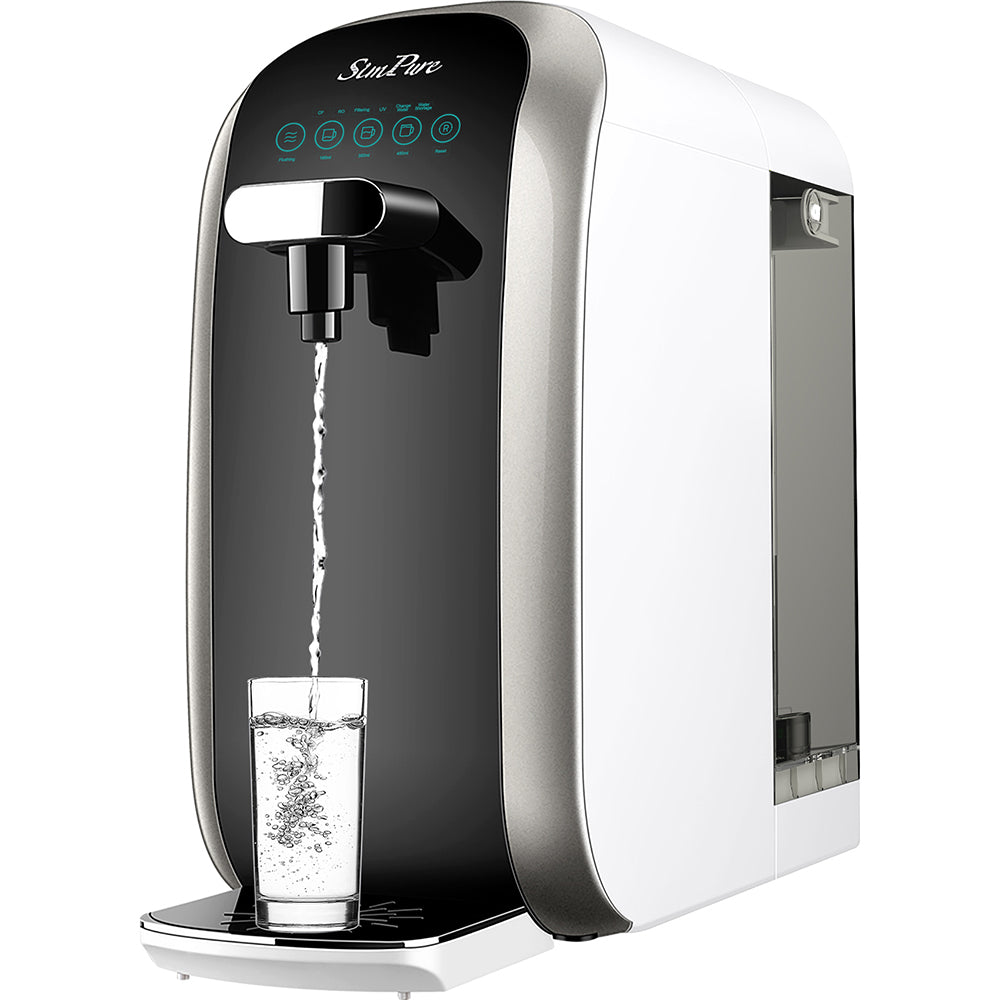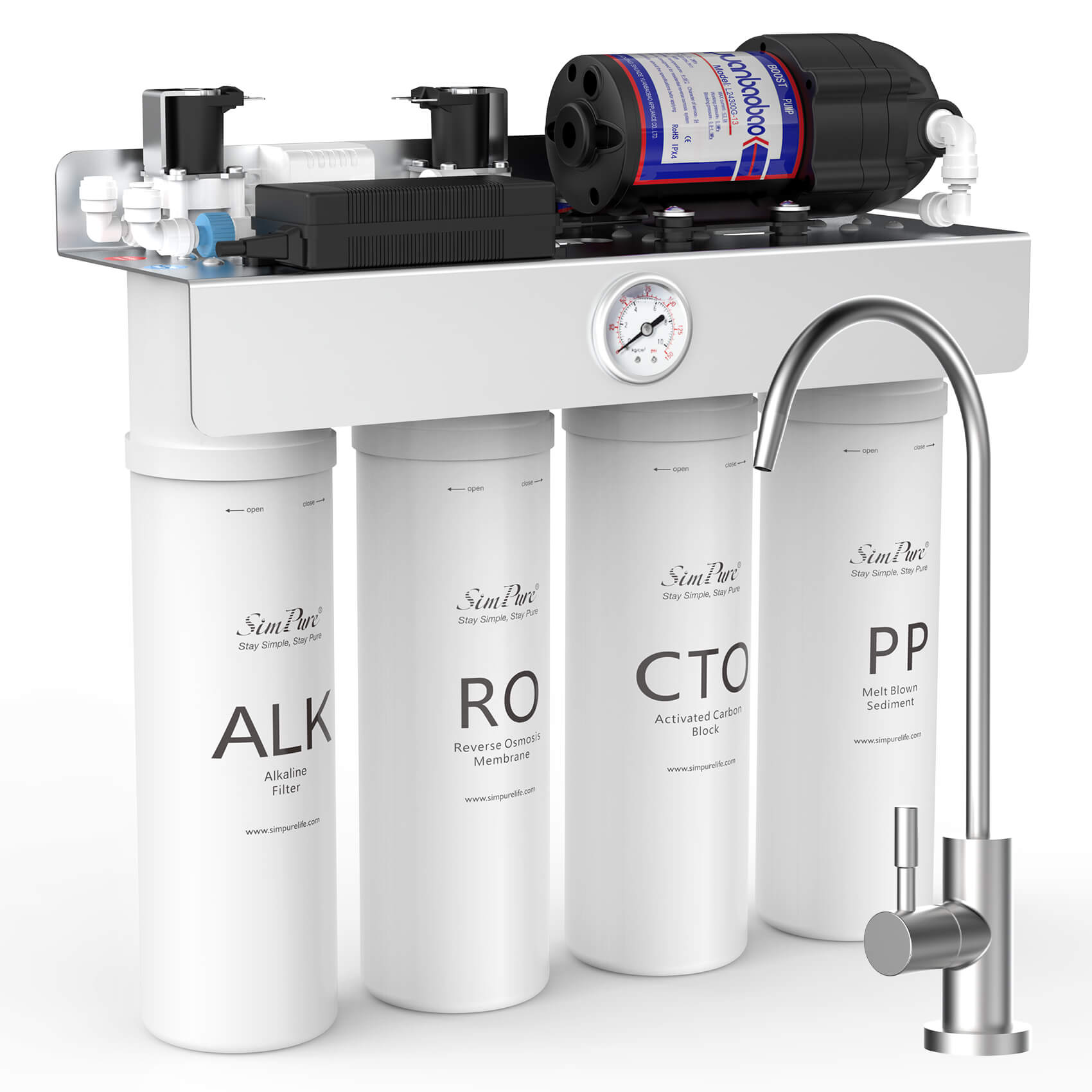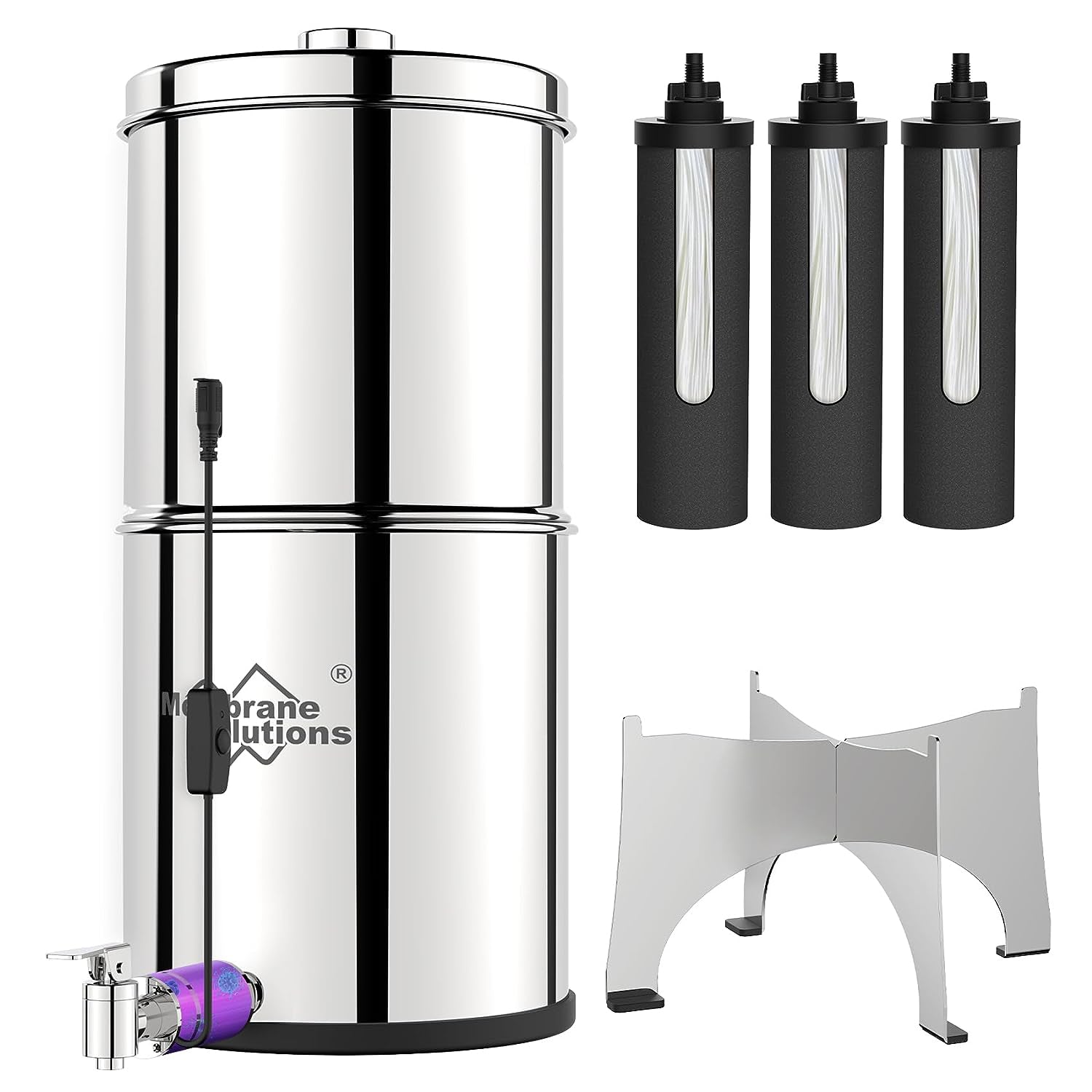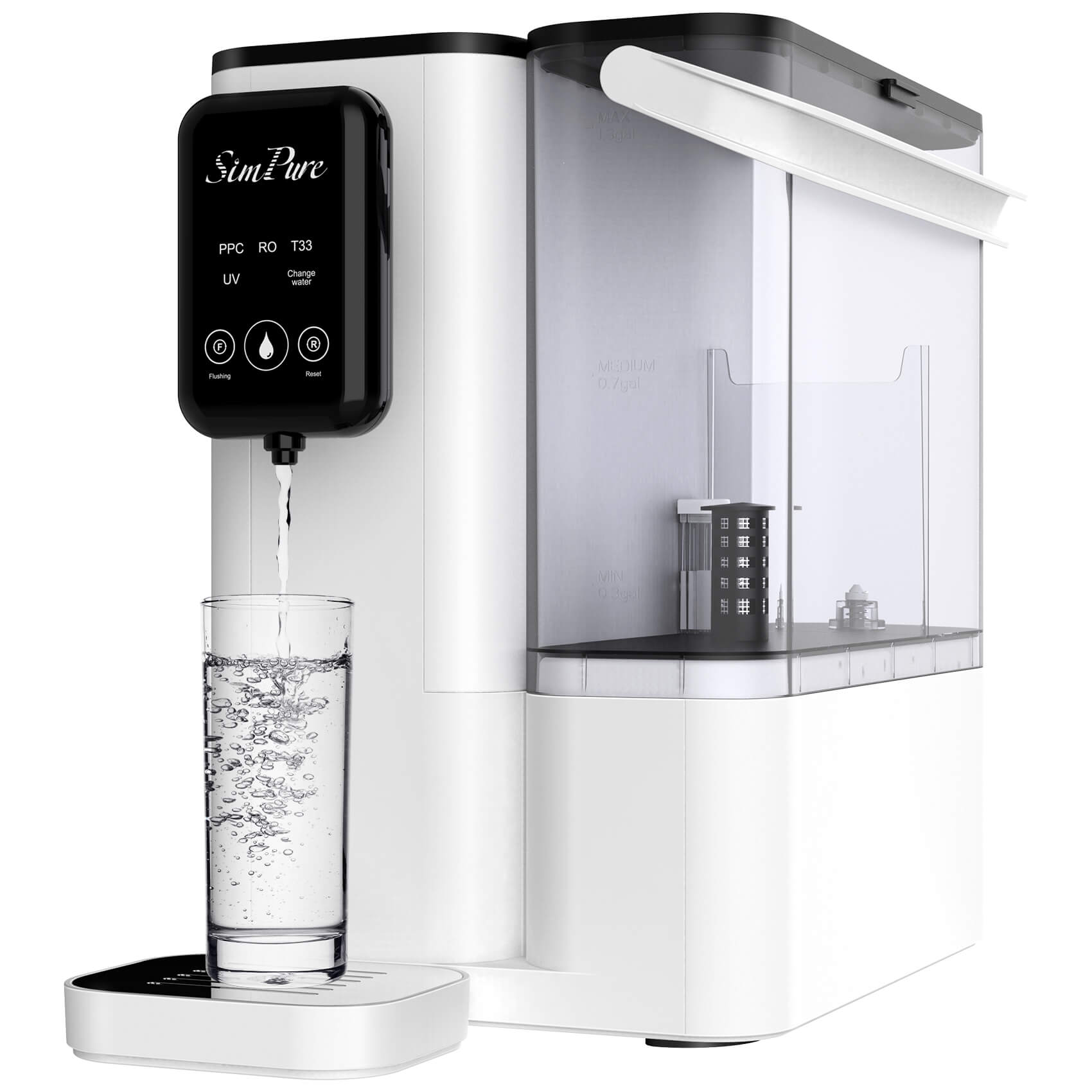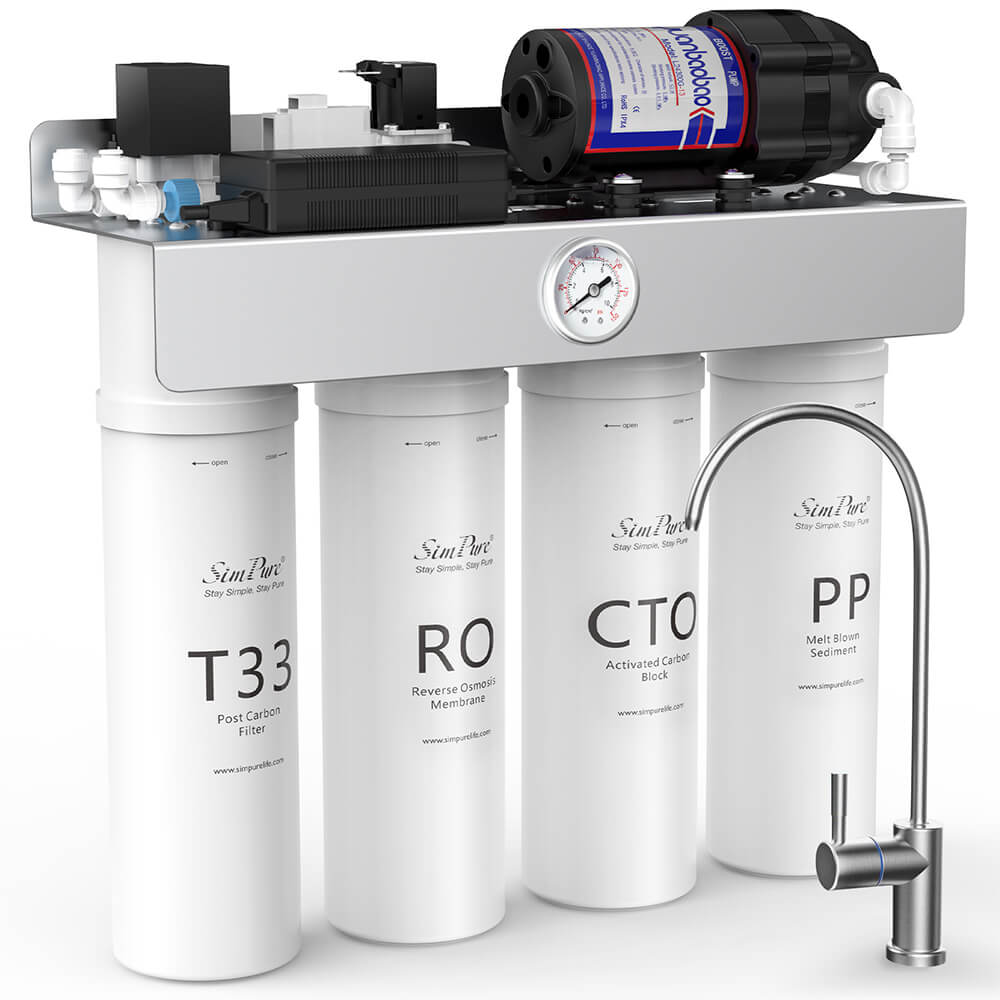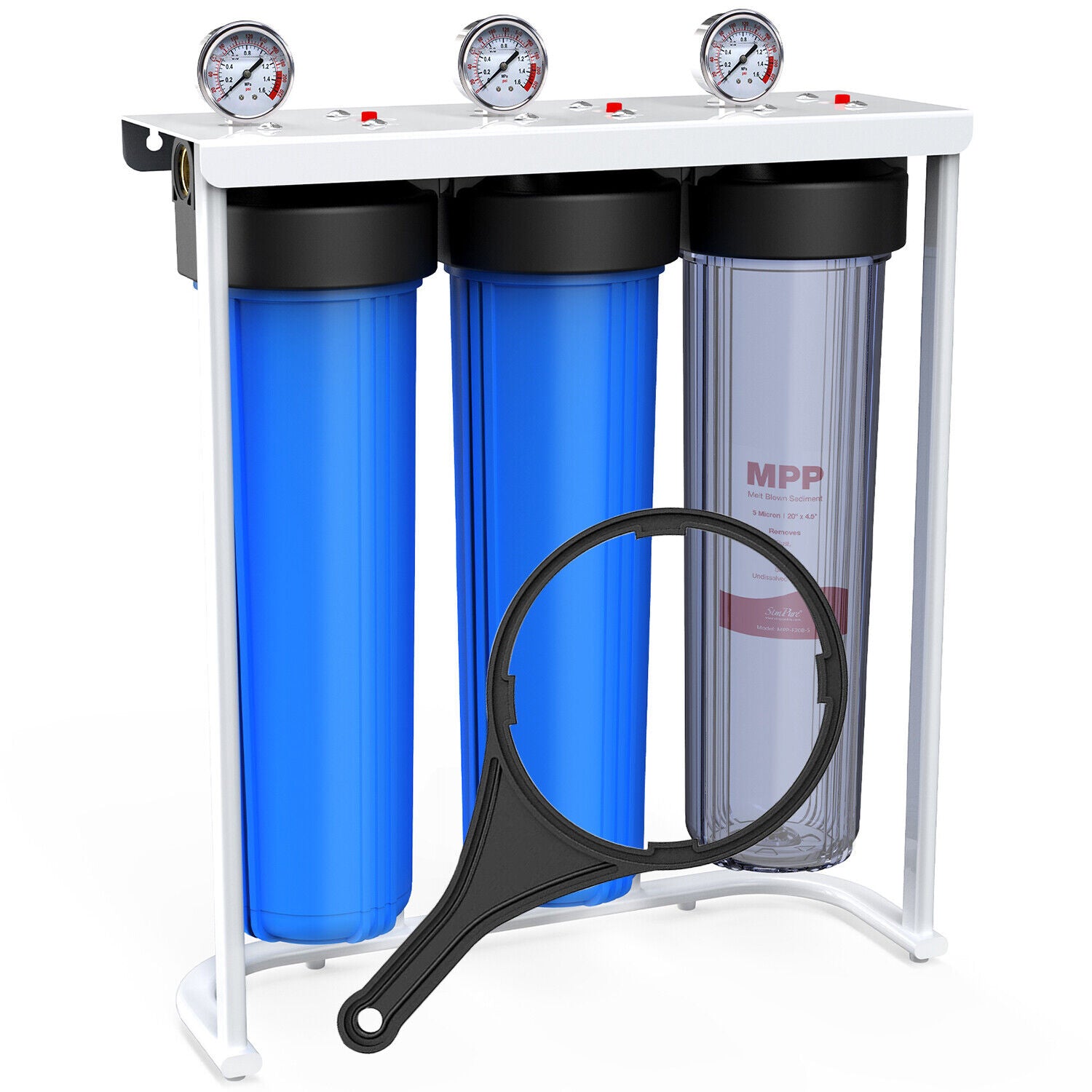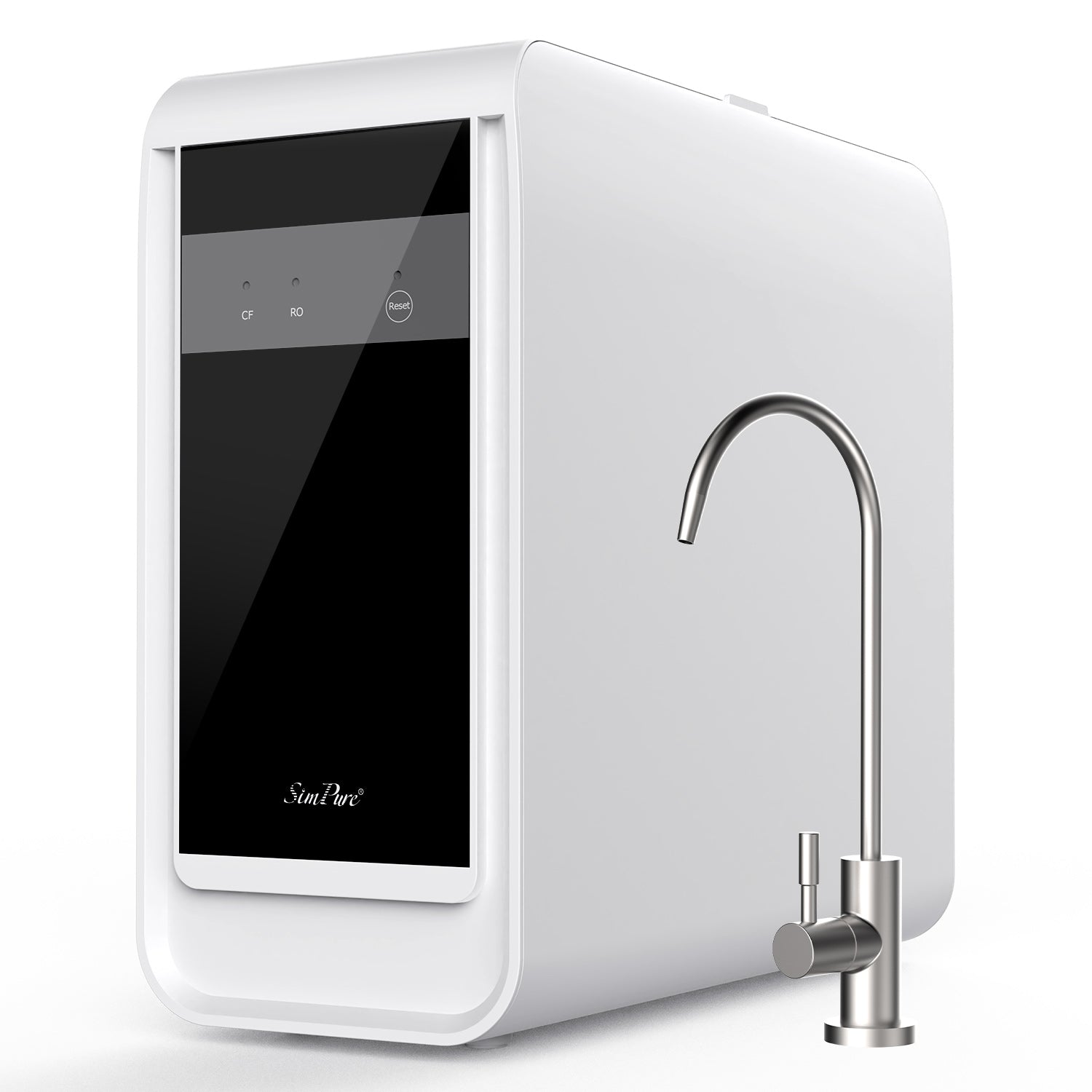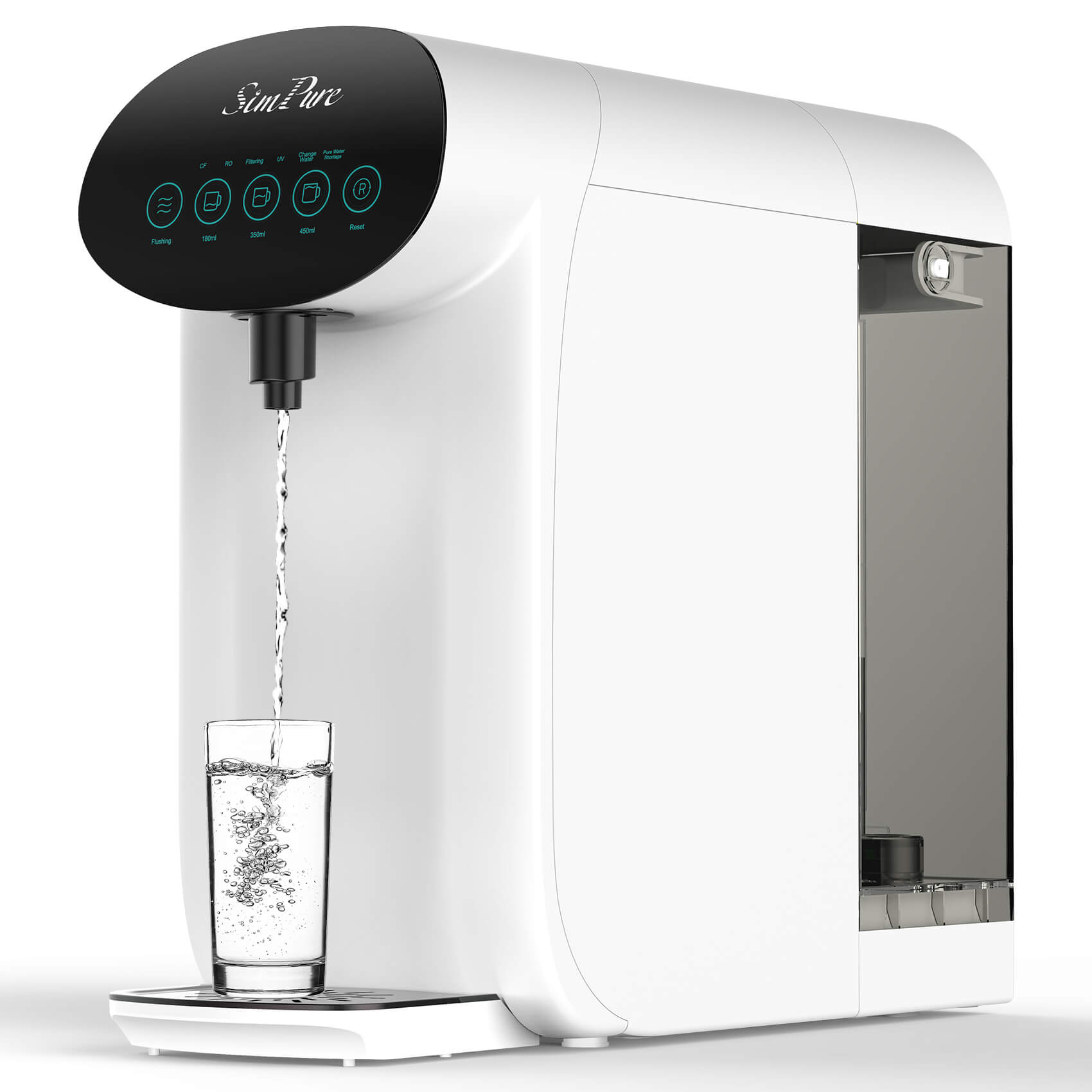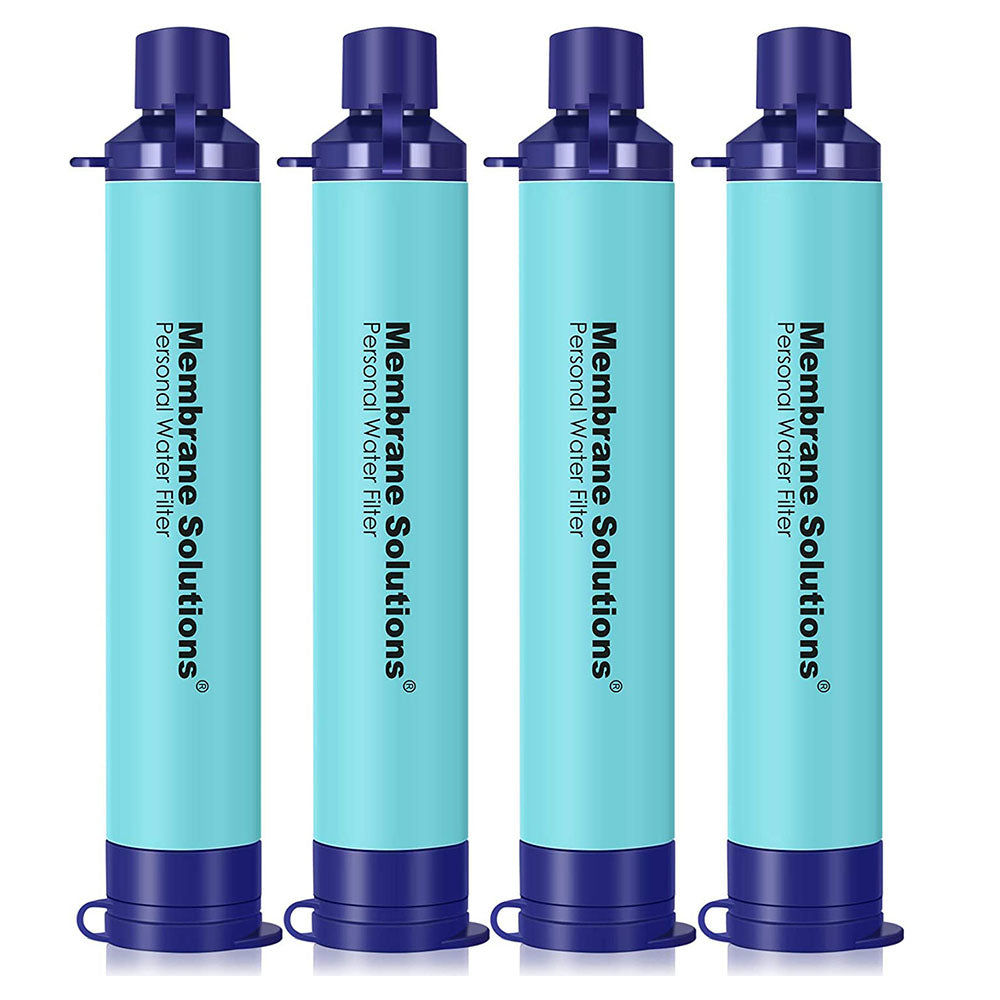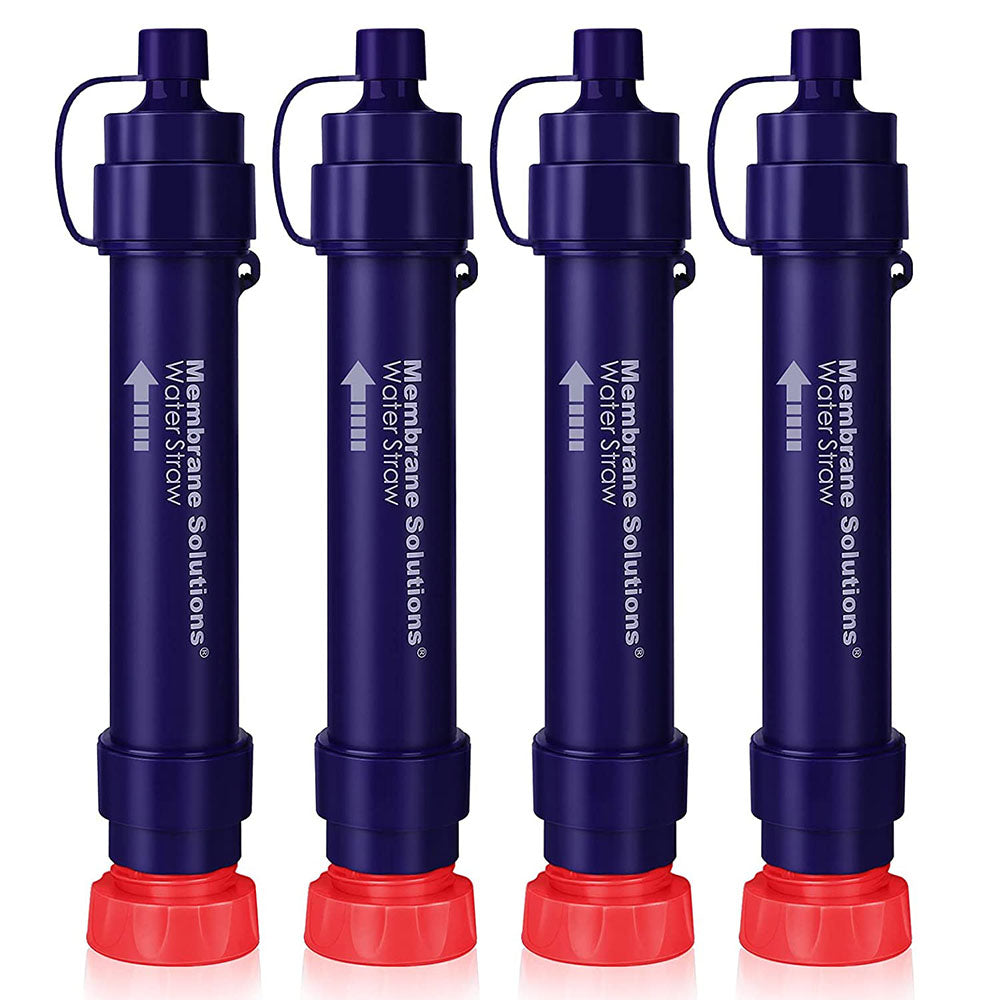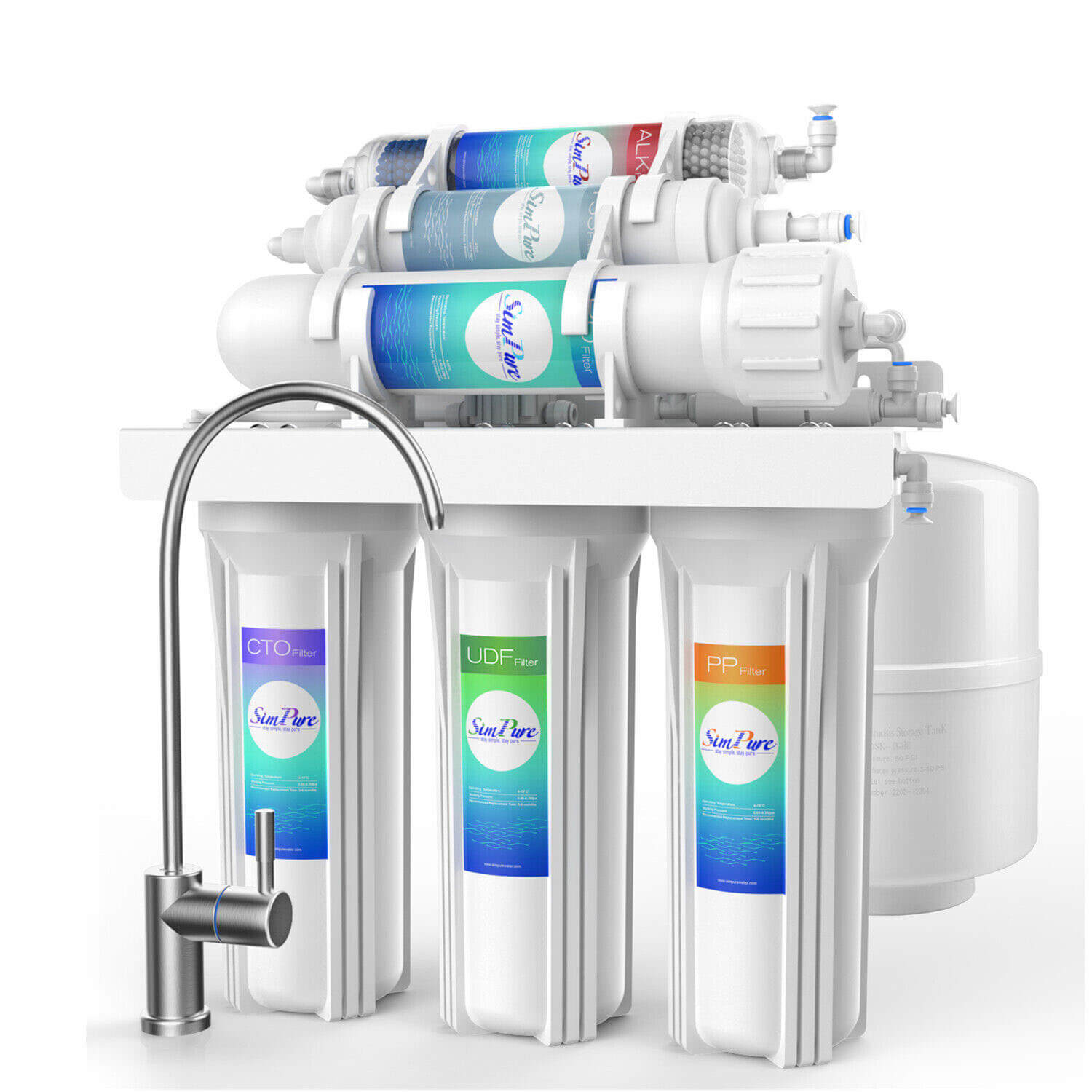Concerned about the impact of vinyl chloride in water? In Feb 2023, a chemical train derailed in Ohio, igniting vinyl chloride tank cars and releasing toxic gas. Despite authorities denying pollution, nearby residents experienced headaches, nausea, burning eyes, and animals had coughing, diarrhea, and tearing, with dead fish and chickens found. So what is vinyl chloride that leaked in the United States? Is vinyl chloride, which is slightly soluble in water, harmful to humans or animals? How harmful is vinyl chloride in drinking water? How is vinyl chloride exposed to water? And how to deal with the leakage of vinyl chloride in water at home? Get expert advice on practical solutions for dealing with vinyl chloride contamination in water at home in this article.
What is Vinyl Chloride?

Firstly, let us learn the definition of what is Vinyl chloride. Vinyl chloride is a hazardous chemical. It is a colorless, volatile liquid with a pungent odour. Vinyl chloride is mainly used as a raw material for the manufacture of polyvinyl chloride (PVC) and is also used in the production of other chemicals such as acrylic acid, ethylene, propylene, etc. In addition, vinyl chloride can also be used as a solvent and in the preparation of pharmaceutical intermediates.
Is Vinyl Chloride in Water Harmful to Humans or Animals?
It is obvious that vinyl chloride in water can cause serious harm to humans or animals. Vinyl chloride is a toxic chemical that dissolves in water at room temperature. In water, vinyl chloride volatilizes more slowly and is not easy to decompose. It will not only cause groundwater pollution, but also settle in low-lying areas such as rivers and lakes, enter local water sources, and be absorbed by people, livestock, and wild animals through drinking water. Vinyl chloride and its metabolites are teratogenic and carcinogenic, and this effect is very long-term.
How Harmful is Vinyl Chloride Exposure on Earth?
Exposure to vinyl chloride can cause a range of symptoms, depending on the level and duration of exposure. Here we are going to learn detailed info on how harmful is vinyl chloride exposure:
1. Short-Term Impact of Vinyl Chloride Exposure
Short-term, high-concentration exposure to vinyl chloride can cause acute poisoning of those exposed, causing symptoms such as dizziness, headache, slowed heart rate, and lowered blood pressure. Severe poisoning may cause disturbance of consciousness and even death. Skin contact with vinyl chloride liquid can cause local damage, manifested as numbness, erythema, edema, and tissue necrosis.
2. Long-Term Effects of Vinyl Chloride Exposure
Long-term exposure to vinyl chloride may lead to clinical symptoms such as liver or spleen damage, Raynaud's phenomenon, and osteolysis of the extremities. In 2017, the International Agency for Research on Cancer of the World Health Organization published a list of carcinogens, and vinyl chloride is included in the list of carcinogens.
3. Vinyl Chloride in Water Also has Health Risks to Animals
Vinyl chloride exposure in water can harm animals, affecting their reproductive capacity, immune system, liver, kidney, and nervous system. The Ohio train derailment also resulted in dead fish and chickens, suggesting that animals are vulnerable to vinyl chloride's health risks.
Overall, vinyl chloride is a potentially hazardous chemical and exposure to high concentrations of vinyl chloride should be avoided as much as possible. It is important to note that symptoms of vinyl chloride exposure may not be immediate and can take years to manifest. If you suspect that you have been exposed to vinyl chloride, seek medical attention and test and purify your water immediately. Early detection and treatment can help prevent serious health problems.
So How is Vinyl Chloride Exposed to Drinking Water?

After learning the harm of vinyl chloride, we are going to figure out how vinyl chloride exposed into our water. You can check out these sources and be more clear about this train derailment. Vinyl chloride in water can come from many different sources and causes, some of which are listed below:
1. Industrial Emissions: Vinyl chloride is a chemical used in many industrial processes, such as the production of plastics, rubber, and solvents. During these industrial processes, vinyl chloride may be released into the water, resulting in vinyl chloride in water.
2. Agricultural and Household Products: Vinyl chloride is also an ingredient in some agricultural and household products, such as cleaners and herbicides, which may enter water supplies and cause vinyl chloride in water.
3. Automobile Exhaust: Some chemicals in automobile exhaust (such as chlorinated olefins) may enter the water through the air and rainfall, resulting in vinyl chloride in the water.
4. Chemical Spills and Leaks: Chemical Spills and Leaks can cause Vinyl chloride in water. Just as the leak of vinyl chloride in Ohio, USA, was caused by the derailment of a train carrying toxic chemicals. Vinyl chloride is soluble in water, and can also enter local water sources through rainfall, resulting in vinyl chloride in water. There is also another Philadelphia Chemical Leak recently. So chemical spills and leaks are very common to cause rick in water.
What to do If there is Vinyl Chloride in Drinking Water at Home?
In this part, we will offer you some methods of how to decrease vinyl chloride in water. Check these 5 ways:
1. Install a Reverse Osmosis System: a reverse osmosis system is a technology that uses pressure to drive a solution through a semipermeable membrane to separate solutes from water. It can remove organic matter, inorganic matter, bacteria, viruses and other impurities in water, and finally obtain pure water without vinyl chloride in drinking water.
2. Activated Carbon Adsorption: filter the water through activated carbon to remove vinyl chloride in the water. Activated carbon is a highly porous adsorbent that can absorb organic matter in water. Activated carbon can be filled into a filter and water can be passed through the filter.
3. UV Photolysis: Utilize ultraviolet rays to irradiate vinyl chloride in water to decompose it into harmless substances. UV light can be used to irradiate vinyl chloride in drinking water to decompose it into CO2 and water.
4. Boiling: Boiling water can help remove some volatile organic compounds, including vinyl chloride. However, this method is not guaranteed to remove all traces of the chemical.
5. Distillation: Distilling water can effectively eliminate vinyl chloride and other contaminants, but it can be costly and time-intensive due to the equipment and energy required to heat and cool the water.
If you live near ohio and are wondering whether to install a water filter for removing vinyl chloride in water, just watch this video to find out the answer.
Remove Vinyl Chloride in Water by Using SimPure UV+RO System Water Filter Dispenser
If you are concerned about vinyl chloride in your water, the SimPure Y7P-BW countertop reverse osmosis system is an excellent solution. Equipped with a 3-stage RO filtration system, including PP+CTO+RO and UV sterilization, it effectively removes impurities and contaminants, including vinyl chloride. With upgraded 100GPD RO membrane technology, it can also eliminate hard water deposits, peculiar smells, and rust, ensuring great tasting drinking water.
What's more, SimPure Y7P-BW countertop UV+RO water filter system has been independently tested by SGS International to meet NSF/ANSI 58 standards for various contaminants, including TDS, PFOS/PFOA, nitrates, chlorine, lead, fluoride, and chromium. Our SGS Test Report proves the effectiveness of our system, giving you the confidence that SimPure Y7P-BW can remove not only vinyl chloride but also other harmful impurities in your water.
In conclusion, we have learned what is vinyl chloride and the residual vinyl chloride in water will cause huge safety hazards to human health in this article. To solve your concern about vinyl chloride in drinking water, we suggest you install a water filter system for your family. Installing a reverse osmosis system can not only effectively filter vinyl chloride in water, but also other pollutants and harmful substances, such as lead, viruses, bacteria, etc., thus Providing safer and healthier drinking water. It can also ensure the safety of your drinking water, improve the taste of water, save money, and be more environmentally friendly at the same time. If you haven't considered buying a RO water filter, now is a great time to start.
Recommended Reading You May Also Like
How to know if my tap water is safe?
Is tap water safe to drink in Ohio?
How to make tap water taste better?
Why does my water taste sweet?
Why does water make me nauseous?



